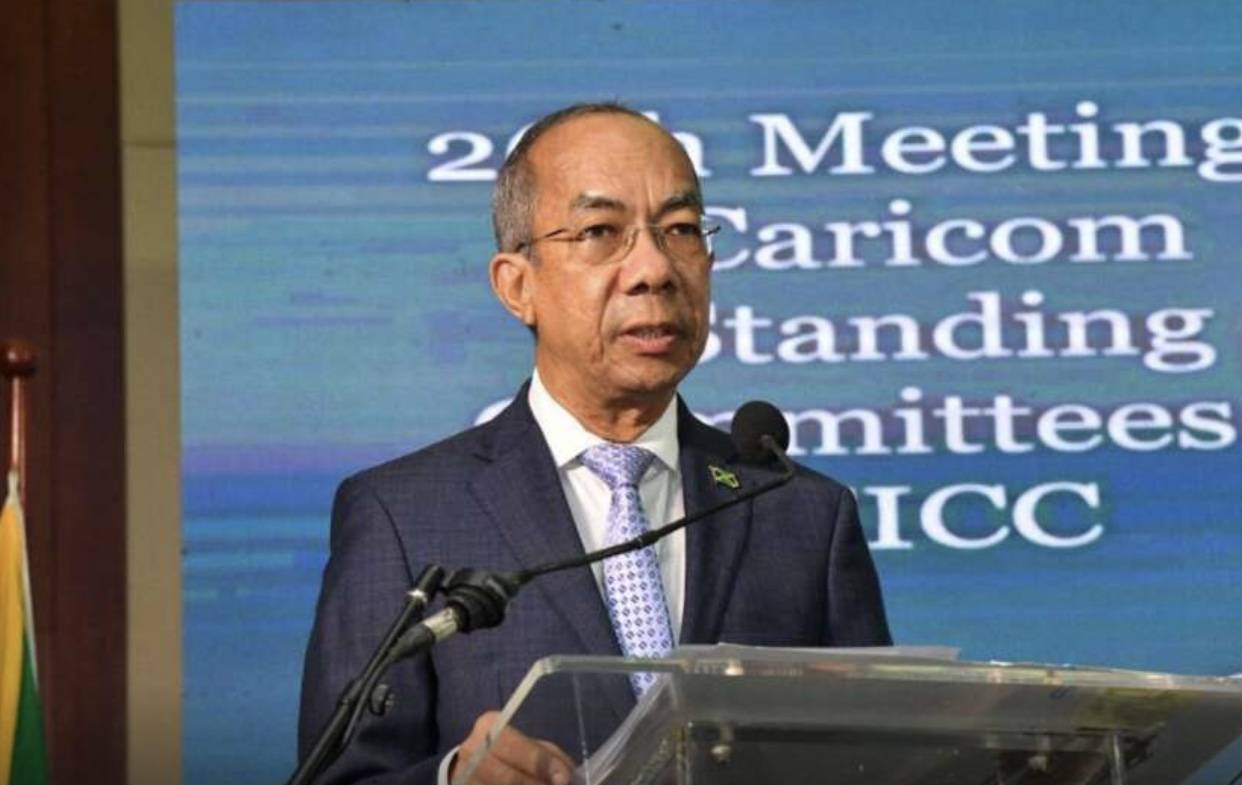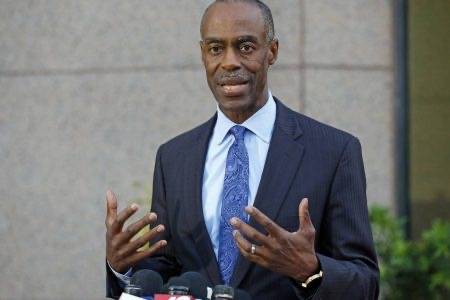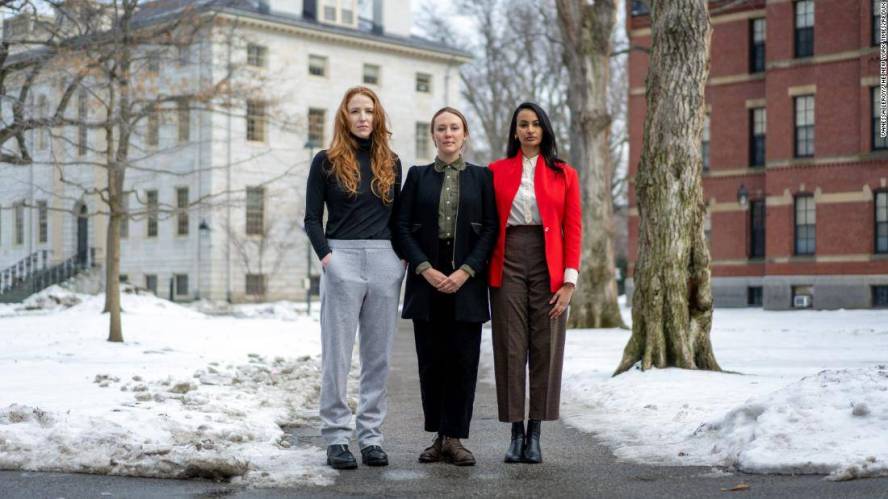Caricom States urged to collaborate to protect citizens from illegal migration practices

Caribbean Community (Caricom) countries are being urged to collaborate and develop model legislation and a regional migration policy to protect citizens from illegal migration practices.
Making the call, Deputy Prime Minister and Minister of National Security, Dr Horace Chang, said illegal migration practices have increased exponentially across the Americas since the COVID-19 pandemic, which has resulted in Caribbean nationals exposing themselves to dangerous situations.
He was addressing the 26th meeting of the CARICOM Standing Committees of Chiefs of Immigration and Comptrollers of Customs (CICC) conference, held at the Montego Bay Convention Centre, St James on Tuesday.
Dr Chang explained that the harsh economic conditions that followed the halting of international travel is one of the main drivers influencing migration of people from the Caribbean.
Against that background, he said increased dialogue and cooperation is critical to strengthen Caricom’s capacity to manage migration challenges.
“Given the obvious and immediate danger that these illegal migration practices pose to our population, we must develop model legislation and a regional migration policy as a matter of priority, in order to help give the governance framework for regional migration more structure,” Chang said.
He informed that Jamaica has moved to take action in this regard with the development of its first National Visa Policy.
The minister noted that the policy was established out of a broad-based consultative process and is now at its final stages of development.
“In addition, work is under way to amend our immigration laws to support this strengthened regime,” he informed.
Meanwhile, the minister encouraged the chiefs of immigration and comptrollers of customs from the different Caricom nations to use the meeting to advance specific security initiatives, “which set the conditions for attaining deeper levels of Caribbean unity, strengthened community governance, and strengthened global influence”.
The three-day meeting, which ends on Thursday, May 18, brings together regional border security officials to review the immigration processes, determine the status of regional security structures and assess the need for modification, in view of new and emerging trends.






0 Comment